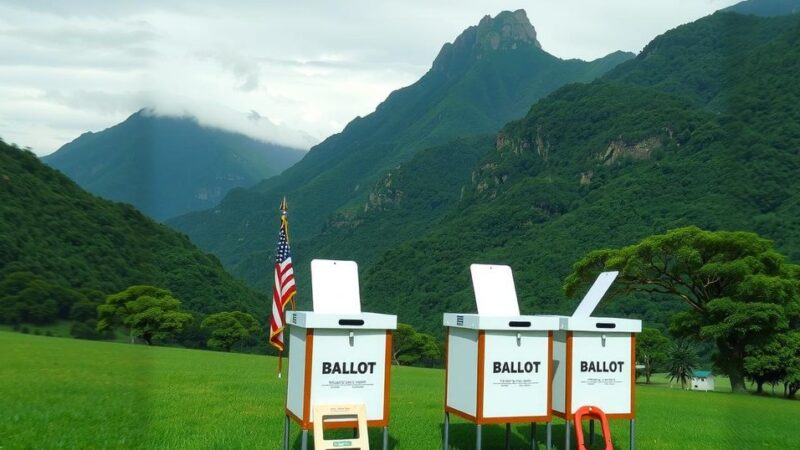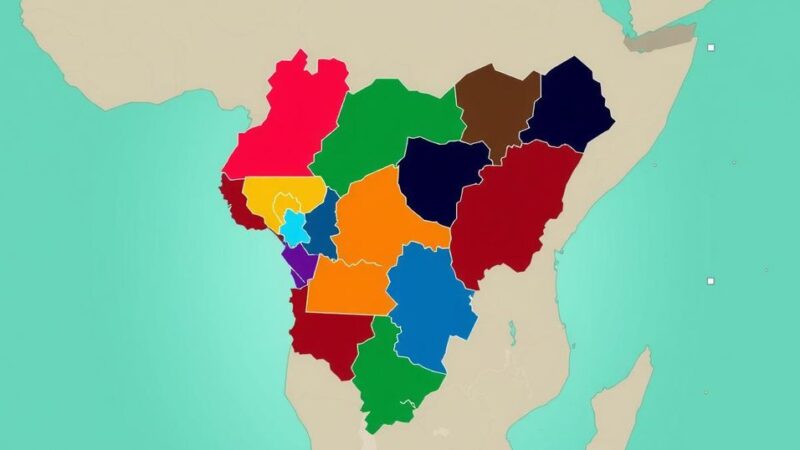Chadema, Tanzania’s main opposition party, has been disqualified from the upcoming elections for not signing the electoral code of conduct. This decision follows the treason charge against its leader, Tundu Lissu. Chadema intends to challenge this disqualification and demands electoral reforms, while the ruling CCM party benefits from this situation.
Tanzania’s leading opposition party, Chadema, has been disqualified from the upcoming general election due to its refusal to sign the electoral code of conduct. This action, announced by election chief Ramadhani Kailima, comes shortly after Chadema’s leader was charged with treason. Failure to sign by the stipulated deadline has rendered the party ineligible for the elections scheduled for October.
Kailima emphasized that any party that does not adhere to the signing requirement will be barred from participating in not only this election but also any electoral processes for the next five years without exceptions. Earlier, Chadema’s secretary-general, John Mnyika, opted not to attend the required INEC meeting, as the party demands significant electoral reforms that have gone unanswered by the government.
Tundu Lissu, the leader of Chadema, was recently arrested following a rally where he advocated for electoral reforms, which, if unmet, would lead to the party’s withdrawal from the elections. The ruling Chama Cha Mapinduzi (CCM), which has maintained power since 1977, is likely to benefit from this disqualification, given its success in past local elections, which Chadema has claimed were manipulated.
Chadema intends to challenge this situation in court, seeking reforms before the polls, while alleging that President Samia Suluhu Hassan has reverted to the oppressive tactics of her predecessor, John Magufuli. Lissu previously indicated that if electoral reforms were not enacted, Chadema would take confrontational measures against the elections.
Rugemeleza Nshalla, a legal representative for Chadema, asserted that Lissu’s arrest was part of efforts to stifle dissent. He remarked that the crackdown on the party’s campaign efforts served to silence critical voices and hinder public awareness about perceived electoral rigging. Despite initial hopes for reforms after Hassan took office, numerous rights groups and international entities have raised alarms regarding renewed repression in Tanzania.
In summary, Chadema’s disqualification from Tanzania’s upcoming elections highlights serious concerns regarding electoral integrity and governmental repression. The party’s refusal to sign the electoral code reflects deep-seated issues with the political landscape. Following the arrest of its leader, the party is set to pursue legal action in hopes of achieving electoral reforms, while the ruling party, CCM, is positioned to capitalize on the current political climate.
Original Source: www.rfi.fr






